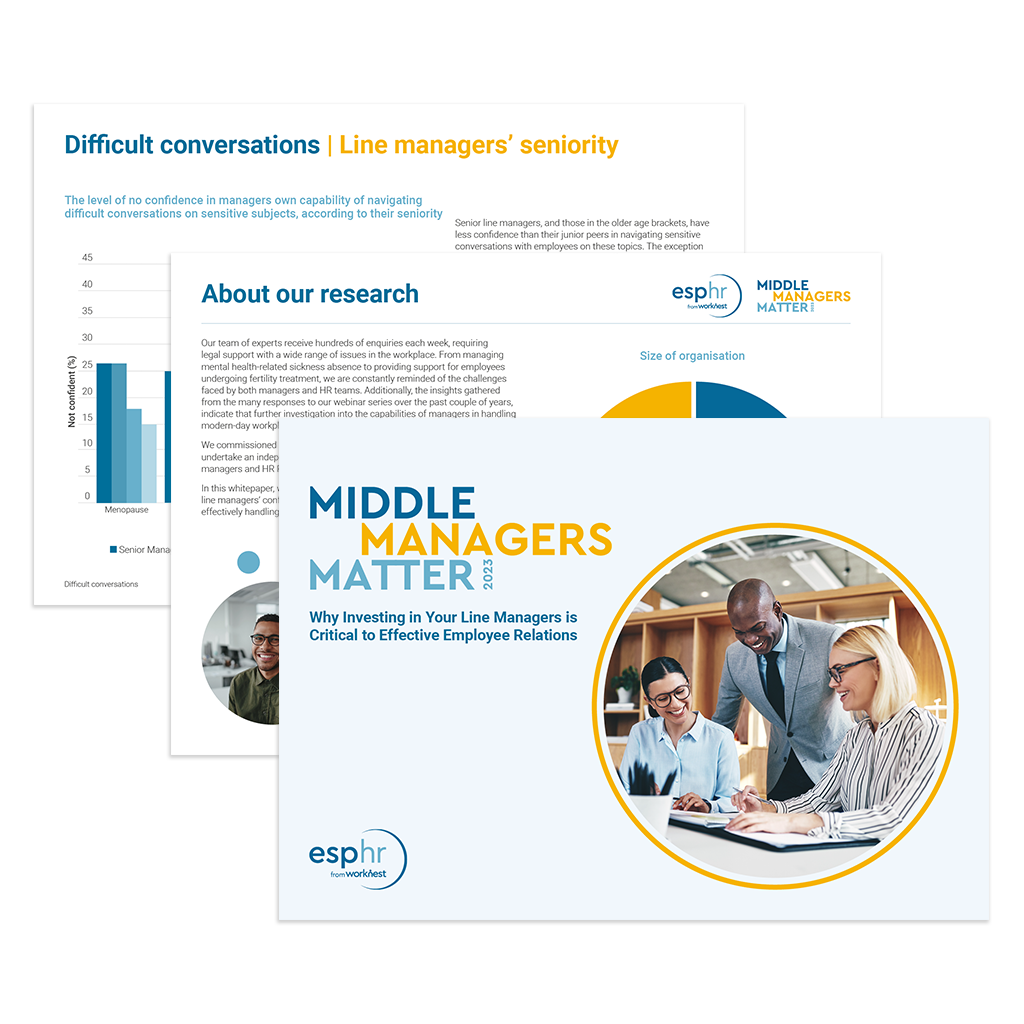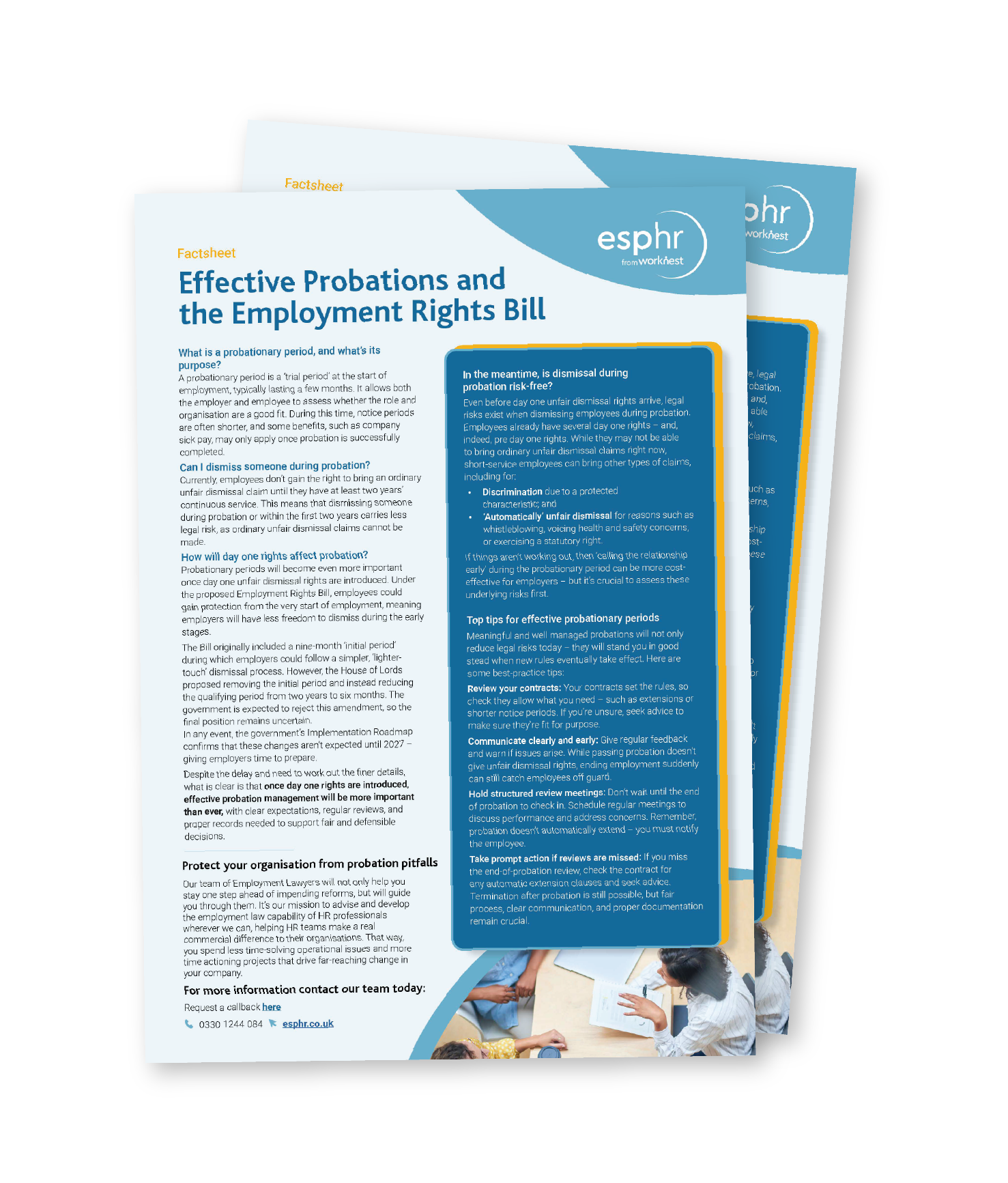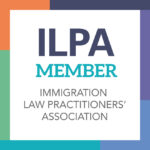Generation Z (Gen Z) may have spent the shortest time in the workforce, but they are making a significant impact. This cohort of employees brings a fresh set of expectations and habits to the workplace. And because Gen Z is on track to make up a third of the workforce by 2030, HR professionals should take the time now to better understand how to support this new generation.
Defining Generation Z
Gen Z refers to people born between the years 1997 and 2012. This cohort was born after the advent of the internet and grew up alongside the rise of social media and smartphones, earning their title as one of the world’s first “digital natives.” They are also considered the most diverse generation to date, with members from various racial, ethnic, and socioeconomic backgrounds. As a group, Gen Z individuals tend to embrace diverse identities, value inclusivity and equality, and are heavily influenced by (and often participate in) today’s social and political movements.
Confidence in Sensitive Conversations
According to research commissioned by esphr earlier this year, Gen Z managers emerged as more confident than the average employee when it comes to dealing with several sensitive employee relations topics. When questioned about their confidence in having difficult conversations on these topics, they excel in their confidence to discuss sensitive subjects such as religion (82%), race (78%), harassment (75%), neurodiversity (72%), and gender identity (71%).
This heightened confidence may be attributed to the fact that these topics are hot-button issues for their generation. Gen Z is known for its active engagement with social media platforms, particularly TikTok, where younger generations freely express their views on these subjects. Moreover, they are more likely to have friends who identify as neurodiverse, non-binary, transgender, and more, making them comfortable discussing related issues.
Challenges in Less Familiar Topics
Conversely, Gen Z managers may experience challenges when addressing topics they are less familiar with, such as infertility or the death of close relatives. These areas are more likely to be outside their personal experiences, leading to lower confidence levels.
Another unsurprising finding is that Gen Z managers are not as confident when discussing disability-related matters. The legalistic nature of the definition of disability in the Equality Act, coupled with the complex obligations on employers in managing disabled workers, can be overwhelming. This may also contribute to their concerns about potential legal issues related to employee management.
The Imperative of Comprehensive Training
The research findings emphasise the urgent need for comprehensive training programmes in the workplace. Such programmes should cover a wide range of topics to empower young managers to navigate sensitive conversations effectively and with confidence.
Sarah Dillon, Director of Legal and ER Advisory at esphr, underscores the importance of investing in these training programmes: “Organisations need to invest in comprehensive training programmes that cover a wide range of employee relations topics. Young managers need empowering to navigate conversations with sensitivity and effectiveness, across all topics. This ensures legal compliance and fosters a more inclusive and supportive work environment for everyone.”
Tackling Employee Relations Head-On
Encouragingly, nearly one-third of Gen Z line managers dedicate up to five hours a week to addressing employee relations issues. This proactive approach signifies that these managers are unafraid to confront and discuss workplace challenges head-on. They are keenly aware of team members who may be struggling and are committed to finding solutions, despite gaps in their training.
Organisations should recognise and support Gen Z’s willingness to learn and tackle issues by providing training in areas where they may require additional expertise. This investment will not only benefit Gen Z managers but will also contribute to a more productive and harmonious workplace.
To explore the research findings in more detail, you can download the whitepaper here.





